Rapeseed meal has the power to displace soya
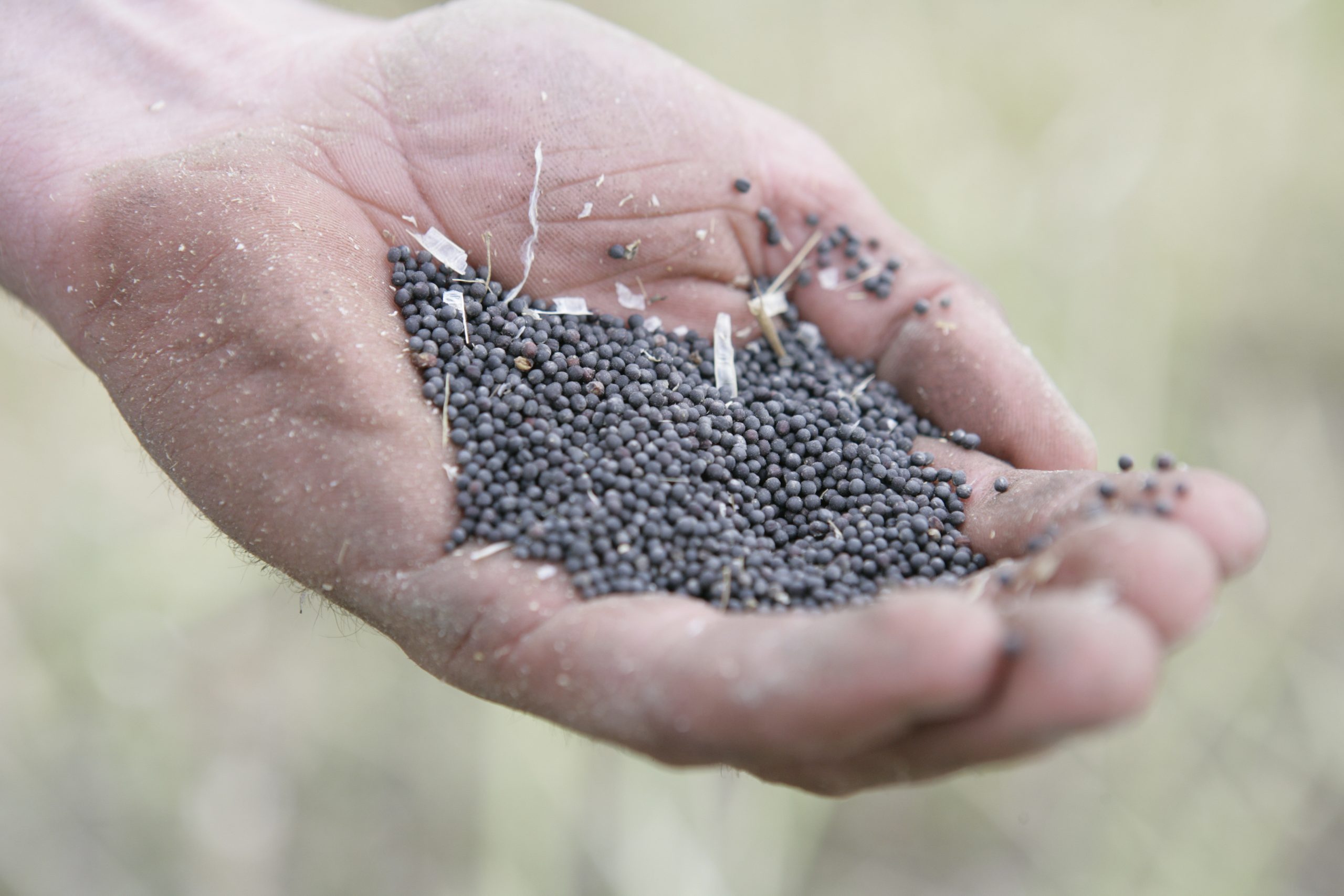
Significant levels of rapeseed meal and wheat dried distillers grains with soluble can support growth performance compared to soya based diets of similar nutrient specification. This means they have the potential to displace soya in the future.
This was one of the conclusions of research conducted by the ECO FCE which is an EU FP7 funded project focusing on improving the feed use efficiency and reducing the ecological footprint of pigs and broiler chickens.
Enzymes and phytogenics tested
While the project has just finished, ECO FCE focused on the impact of nutrition, gut structure and microbiota profile as well as the genomics of the animal to gain a better understanding of the interplay between these key factors in driving feed use efficiency. Deputy co-ordinator of ECO FCE, Dr Elizabeth Magowan, Agri-Food and Biosciences Institute (AFBI) said that dietary formulations aim to make use of raw materials, additives and processes to deliver the required levels of nutrients, in the most available form for absorption by the gut, at least cost. She said: “To this end we extensively examined the inclusion of enzymes and phytogenic feed additives across a broad spectrum of basal dietary ingredients. Furthermore, processes such as extrusion, soaking and liquid feeding were also examined. Low soya diets were a key focus of this research, in keeping with a recognised desire to reduce soya usage across the EU. A combination of rapeseed meal and wheat dried distillers grains with soluble represented the key sources of protein in these low soya diets.”

Find out more about some of the protein alternatives for soy that are currently seen as promising for livestock and fish diets.
Can energy levels be reduced?
In one series of pig trials, complementary research by Teagasc, the Republic of Ireland’s Agriculture and Food Development Authority, and AFBI examined the use of phytase, xylanase/ß glucanase and protease in low soya diets with reduced energy and amino acid content. According to Dr Magowan, the first surprising result was the fact that pig performance was not drastically reduced when the diets with lower energy (Net energy 9.4 MJ/kg) and amino acids (av Lysine 8 g/kg) were offered.
“This presents a challenge to the feed industry, especially in Ireland, with regard to the need for the current levels of energy and lysine used in finishing pigs’ diets, but could they be reduced? Overall, whilst phytase was effective, the inclusion of enzymes across both studies had little impact on pig performance, even when dietary energy and amino acid concentrations were reduced. Lastly, pig performance was similar when diets containing soya or non-soya (RSM/wDDGS) were offered,” said Dr Magowan.
Additional work conducted by AFBI on broiler chickens using low soya diets also found a lack of performance response to protease. However, the bird performance was again similar when the soya and low soya diets were offered.
Need for more targeted work
Overall, the main conclusions from the series of nutritional trials conducted on pigs and chickens shows that diets with significant levels of rapeseed meal and wheat DDGS can support pig and chicken performance compared to soya based diets of similar nutrient specification, and therefore they have the potential to displace soya in the future. However, the efficacy of enzymes is not always apparent in these diets, which highlights the need for more targeted work in this area, especially to establish if there is even a need for enzymes, beyond phytase, since products like DDGS are already ‘processed’. Ultimately, farmers need to recognise that enzymes may not always be effective, and that a targeted rather than blanket approach is preferable, especially when profit margins are low.
Join 26,000+ subscribers
Subscribe to our newsletter to stay updated about all the need-to-know content in the feed sector, three times a week. Beheer
Beheer

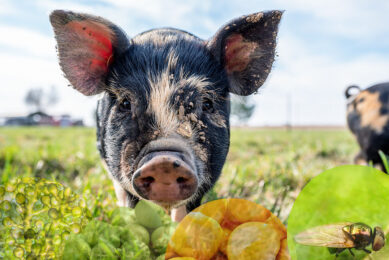
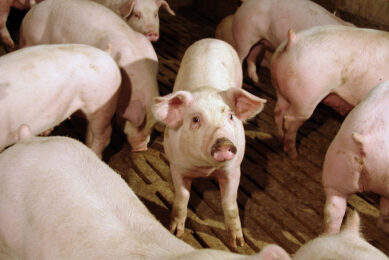
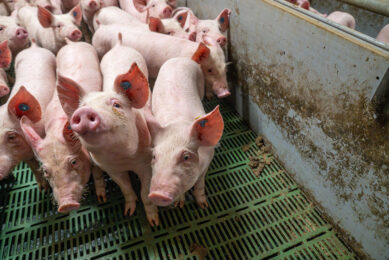
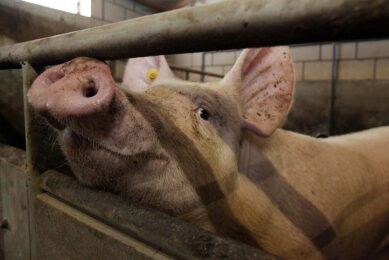




 WP Admin
WP Admin  Bewerk bericht
Bewerk bericht